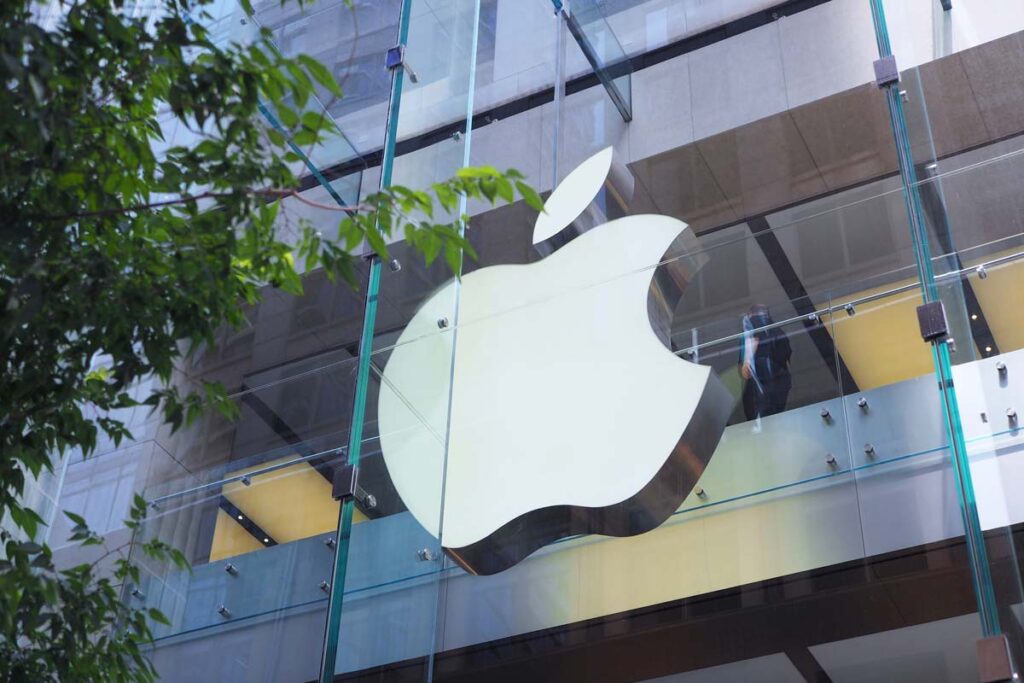
Apple lawsuit overview:
- Who: Immervision Inc. filed a lawsuit against Apple Inc. related to a patent for an ultrawide lens.
- Why: Immervision claims that Apple is violating its wide angle imaging patent with the Apple iPhone 15, like Immervision claims it did with the iPhone 13 and iPhone 14.
- Where: The Apple patent lawsuit was filed in federal court in Delaware.
Immervision Inc. has filed a lawsuit against Apple Inc., claiming that Apple is violating Immervision’s wide-angle imaging patent with its iPhone 15 camera.
Immervision’s Jocelyn Parent, Simon Thibault, Patrice Roulet, Hu Zhang, Pascale Nini and Pierre Konen filed their patent application for their miniature wide-angle imaging lens in 2019 and have since filed patent violation lawsuits against Apple related to the iPhone 13 and iPhone 14.
Immervision believes the iPhone 15 and its many versions, including the iPhone 15 Plus, Pro and Pro Max models, all contain the same ultrawide lens and camera assembly as the previous versions.
The previous patent lawsuits mean Apple had knowledge of the alleged copyright infringement before developing the Apple iPhone 15 with the same Apple patent issue, the lawsuit claims.
“With that knowledge, Apple continued to develop and release new products having the same infringing components,” the lawsuit says.
Immervision lawsuit asks court to rule Apple iPhone 15 willfully violates patent due to prior lawsuits
The plaintiffs are asking for damages, interest, attorneys’ costs and an order stating that the Apple patent conduct was willful after knowing about the previous patent lawsuits.
The first Apple patent lawsuit came on Nov. 3, 2021, regarding the iPhone 13, and a follow-up lawsuit on the iPhone 14 was filed on Sept. 16, 2022. Apple plans to begin selling the Apple iPhone 15 on Sept. 22, 2023, with the same technology that Immervision claims is a patent violation from the prior versions of the iPhone.
Apple iPhone customers could soon be getting a payout after an appeal challenging a $500 million settlement Apple reached in 2020 to resolve claims that the performance of Apple iPhones was diminished for people who owned older models was dismissed.
Do you plan to purchase an iPhone 15? Let us know in the comments.
The plaintiff is represented by John D. Simmons, Dennis J. Butler and Keith A. Jones of Panitch Schwarze Belisario and Nadel LLP.
The Apple lawsuit is Immervision Inc. v. Apple Inc., Case No. 1:23-cv-01012-UNA, in the U.S. District Court for the District of Delaware.
Don’t Miss Out!
Check out our list of Class Action Lawsuits and Class Action Settlements you may qualify to join!
Read About More Class Action Lawsuits & Class Action Settlements:
- Google class action claims recent software removed some PIxel phones’ ability to access 5G
- Judge dismisses RICO class action alleging Cricket Wireless lied about 4G coverage
- Verizon falsely advertised focus on environment despite nationwide network of lead cables, lawsuit claims
- T-Mobile retailer suffers data breach affecting potentially thousands of customers




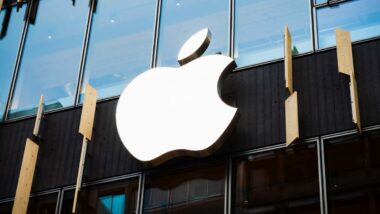
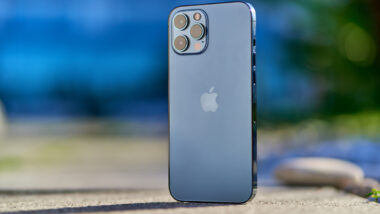

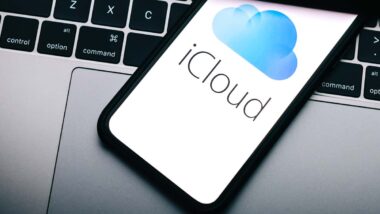

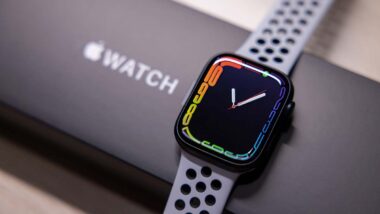

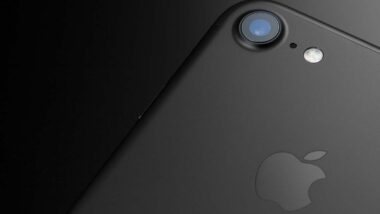

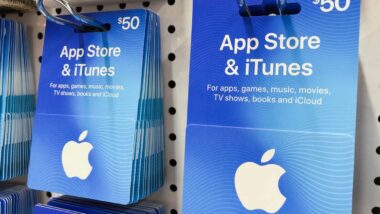

15 thoughts onApple lawsuit claims iPhone 15 infringes on patent for ultrawide lens
15plus add me
I own a 15 plus and a 14 plus
Add me please
Own one. Add me
Already own one